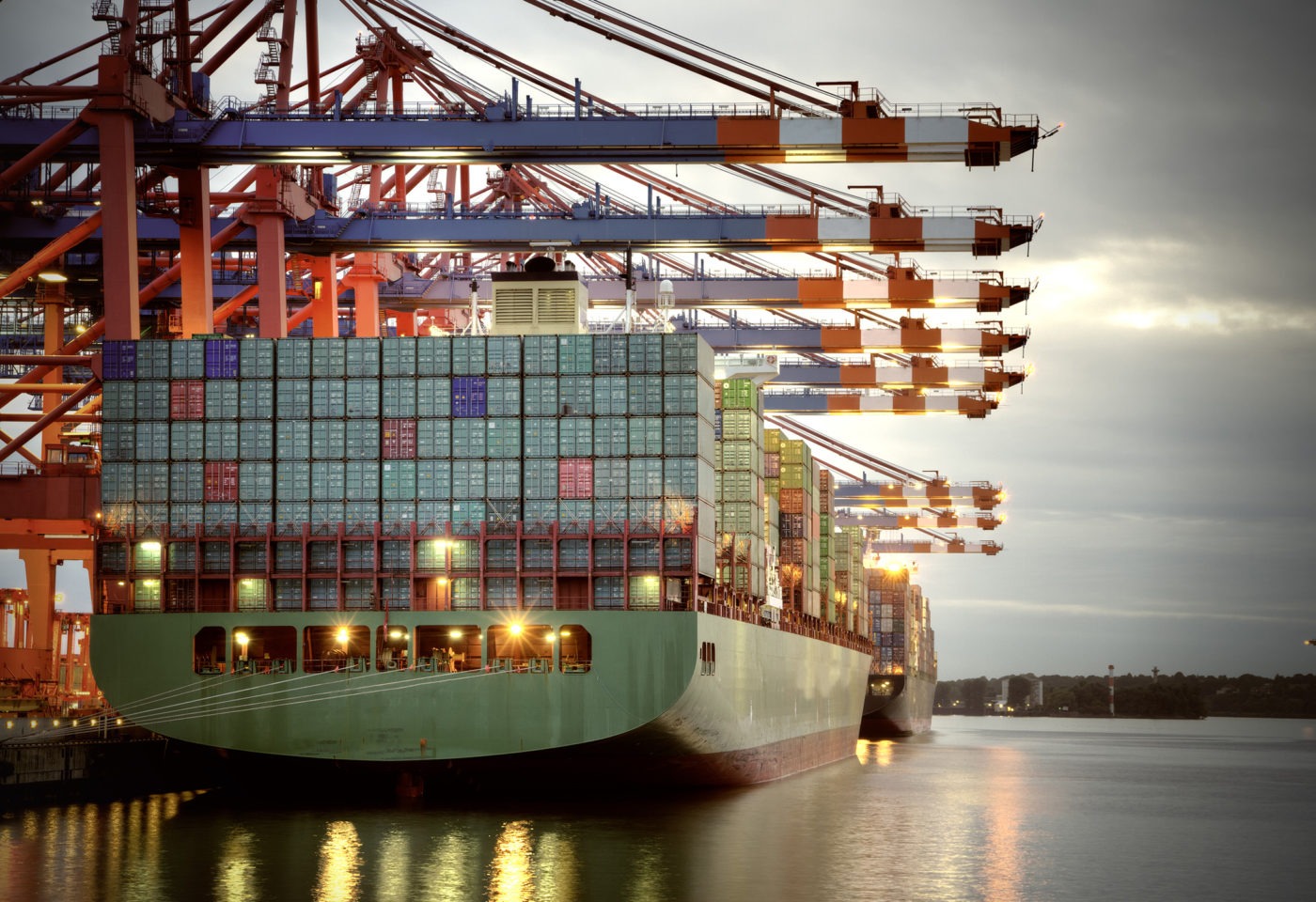By Carlo Dade
In the Winnipeg Free Press
May 12, 2015
One in five jobs in Canada is directly tied to trade. Out west, according to Canada West Foundation analysis, trade is even more important because goods and services from the four Western provinces make up 40 per cent of Canada’s total exports.
Trade is what pays for our education and health care and enables our standard of living, because we have relatively small populations and greater distance to markets than our competitors.
We have done well at trade, although in large part because of our privileged access to the richest, fattest and easiest market in the world. In spite of our talk about trade diversification, the percentage of exports of goods to the U.S. has increased over the past five years. In the case of Manitoba, it’s doing so faster than the country as a whole.
A rebound in exports to the U.S. is a good story — partially. If one subtracts oil and other energy products from the picture, exports from western Canada to the U.S. have been falling as a percentage of total exports.
The problem, one of particular importance to Manitoba, is that Canada’s coveted access to the U.S. market is about to end. Trade with our neighbour is going to get harder.
The North American Free Trade Agreement has provided Canada and Mexico enhanced access to the U.S. for more than 20 years. The U.S. also has free trade agreements with countries such as Israel, Oman, Morocco, Honduras and even Australia, but those countries have not significantly threatened Canada’s trade with the U.S. Our biggest challenge, which is also a missed opportunity, has been Mexico. While some industries, such as auto manufacturing, shifted south with NAFTA, western Canadian exports to Mexico have risen as incomes have risen.
All this is about to change. The U.S.-led Trans-Pacific Partnership will be the world’s largest free trade agreement when it is concluded, although talks could drag on for several years. It involves 12 countries around the Pacific, including Japan, Indonesia and Malaysia, half of which do not have trade agreements with the U.S.
This all-at-once opening of the U.S. market will not just allow new competitors, but will also do so with rules and opportunities that are broader and more advanced than exist under NAFTA. The Americans, in effect, are replacing NAFTA with the TPP, and we’re in for a rude surprise.
While there will be new competition in the U.S., the TPP will also open up new markets for us in partner countries, the vast majority of which do not have trade agreements with Canada.
But the West’s experience with Mexico under NAFTA suggests this could be a win. Over the 20-plus years of NAFTA (it came into effect in 1994), western Canadian exports to Mexico have boomed, with the exception of B.C. Manitoba’s exports rose from $12 million in 1990 to more than $340 million in 2014. Saskatchewan’s exports rose from $19 million to $600 million over the same period.
Selling to these new markets won’t be easy. These markets are less rich, less fat and much less easy than the U.S. or Mexico. Although incomes are on the rise in the Asian TPP markets, most of these consumers (such as those in Malaysia, Indonesia, Brunei and Vietnam) are not nearly as well off as Americans. Many have a long way to go to even catch up to Mexico.
The provincial trade strategies, especially those in Manitoba and other western provinces, understand this well. More so, in fact, than do the feds.
But, here’s a counter-intuitive thought. We cannot and should not simply cede the North American market. As much as we need trade strategies with Asia, we also need to develop new strategies for the U.S. and Mexico but also countries such as Chile, Peru and Colombia. Free trade agreements with those countries have made them nearer and easier.
China is huge and so is India, but competition is fierce. We have richer, easier markets closer to home, markets where we already have trade agreements and where we have much more similar customs and histories. If growing our trade means taking advantage of the TPP, why don’t we start with the easy countries?
Carlo Dade is the director of trade and investment policy at the Canada West Foundation. www.cwf.ca.
